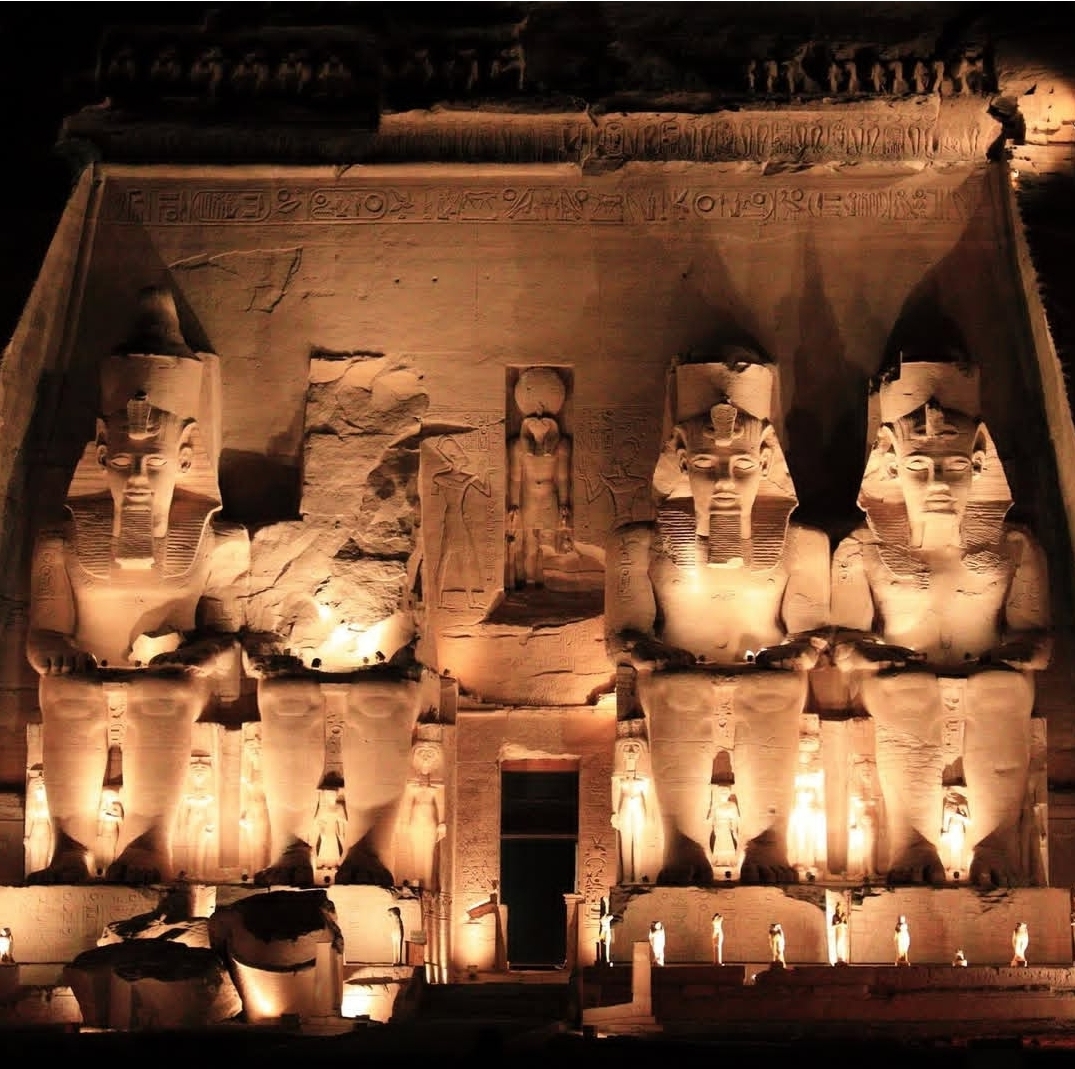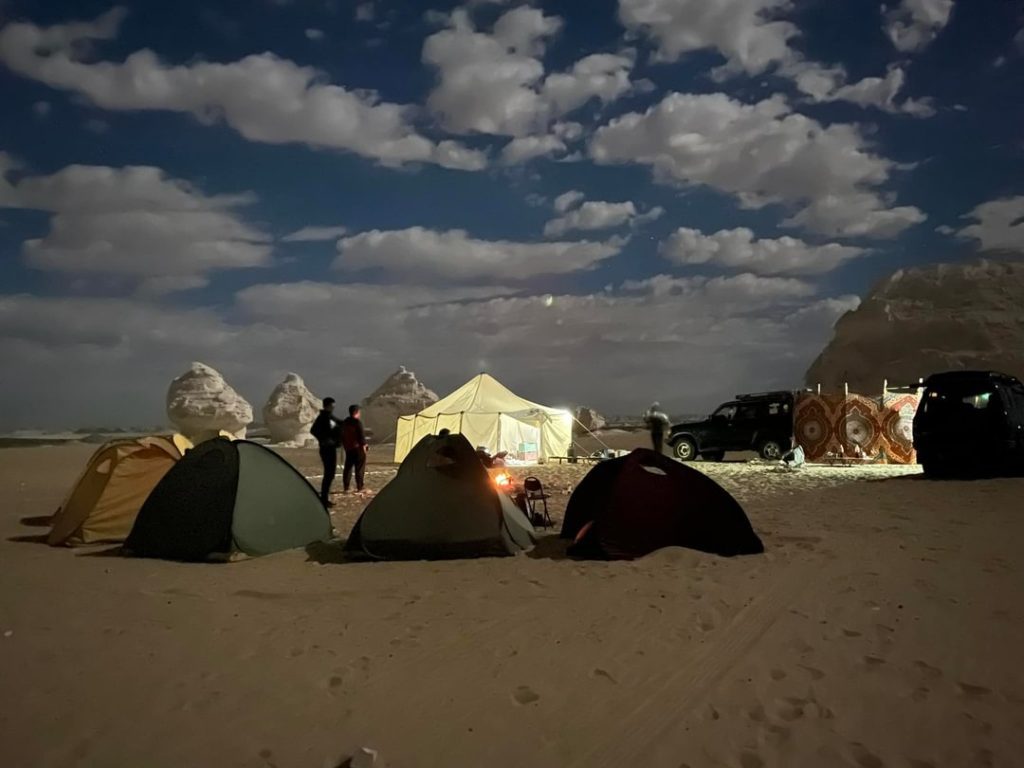
Luxor: The World’s Greatest Open-Air Museum
Luxor is the Heart of Ancient Egypt, often called the “world’s greatest open-air museum,” is a city where history comes alive. Nestled along the banks of the Nile, Luxor was once the ancient city of Thebes, the glorious capital of Egypt during the New Kingdom (1550–1070 BC). Today, it is home to some of the most magnificent temples, tombs, and monuments ever built, attracting millions of visitors each year.
From the colossal Temples of Karnak and Luxor to the legendary Valley of the Kings, Luxor offers an unparalleled journey into Egypt’s golden age. Whether you’re a history enthusiast, an adventure seeker, or a cultural explorer, Luxor promises an unforgettable experience.
1. Why Luxor is a Must-Visit Destination
Thebes was the religious and political capital of ancient Egypt.
Home to one-third of the world’s antiquities.
A UNESCO World Heritage Site since 1979.
The perfect blend of history, culture, and Nile beauty.
2. Top Historical Sites in Luxor
A. The East Bank: Temples of the Living
1. Karnak Temple Complex
The largest religious complex ever built, covering over 200 acres.
Features the Great Hypostyle Hall with 134 massive columns.
Dedicated to the Theban Triad (Amun, Mut, and Khonsu).
2. Luxor Temple
Built by Amenhotep III and Ramses II.
Connected to Karnak by the 2.5 km Avenue of Sphinxes.
Best visited at night when beautifully lit.
B. The West Bank: City of the Dead
1. Valley of the Kings
Burial site of pharaohs like Tutankhamun, Ramses VI, and Seti I.
Over 60 tombs, though only a few are open to the public.
Tutankhamun’s tomb (KV62) requires a separate ticket.
2. Temple of Hatshepsut
A stunning mortuary temple for Egypt’s most famous female pharaoh.
Designed as a terraced monument against the cliffs of Deir el-Bahari.
3. Medinet Habu (Ramses III’s Temple)
One of the best-preserved temples, with vibrant battle reliefs.
Features a migratory bird calendar, the oldest in history.
4. Valley of the Queens
Burial place of queens and royal children, including Nefertari’s tomb (QV66).
Known for its exquisite wall paintings.
5. Colossi of Memnon
Two 18-meter-tall statues of Amenhotep III.
Once guarded the entrance of a now-lost mortuary temple.
3. Unique Experiences in Luxor
A. Hot Air Balloon Ride at Sunrise
Float above the Nile, temples, and tombs for breathtaking views.
One of the most scenic balloon rides in the world.
B. Felucca Ride on the Nile
Sail in a traditional wooden boat at sunset, enjoying views of Luxor’s skyline.
C. Sound & Light Show at Karnak Temple
A dramatic night-time spectacle narrating Thebes’ history.
D. Visit a Local Village (Like Habu or West Bank Villages)
Experience traditional Egyptian life away from tourist crowds.
4. Best Time to Visit Luxor
October – April (Winter & Spring) – Pleasant weather (20-30°C / 68-86°F).
May – September (Summer) – Extremely hot (up to 45°C / 113°F), but fewer crowds.
5. How to Get to Luxor?
✈️ Flight: Direct from Cairo (1 hour).
🚆 Train: Overnight sleeper train from Cairo (10 hours).
🚢 Nile Cruise: Popular route from Aswan (3-4 days).
6. Where to Stay in Luxor?
Luxor City (East Bank) – Best for first-time visitors (near temples & markets).
West Bank – Quieter, closer to tombs (ideal for archaeology lovers).
7. Essential Travel Tips
✔ Start early (sites open at 6 AM; avoid midday heat).
✔ Buy the Luxor Pass (if visiting multiple tombs/temples).
✔ Dress modestly (shoulders & knees covered in religious sites).
✔ Hire a guide (enhances understanding of hieroglyphics & history).
Conclusion: Why Luxor is Unmissable
Luxor is not just a destination—it’s a time machine to ancient Egypt. Walking among colossal temples, deciphering hieroglyphics, and standing in the very tombs of pharaohs is an experience like no other. Whether you’re marveling at Karnak’s grandeur, exploring the Valley of the Kings, or drifting over the Nile in a felucca, Luxor will leave you in awe.
Ready to step into history? Luxor awaits!

